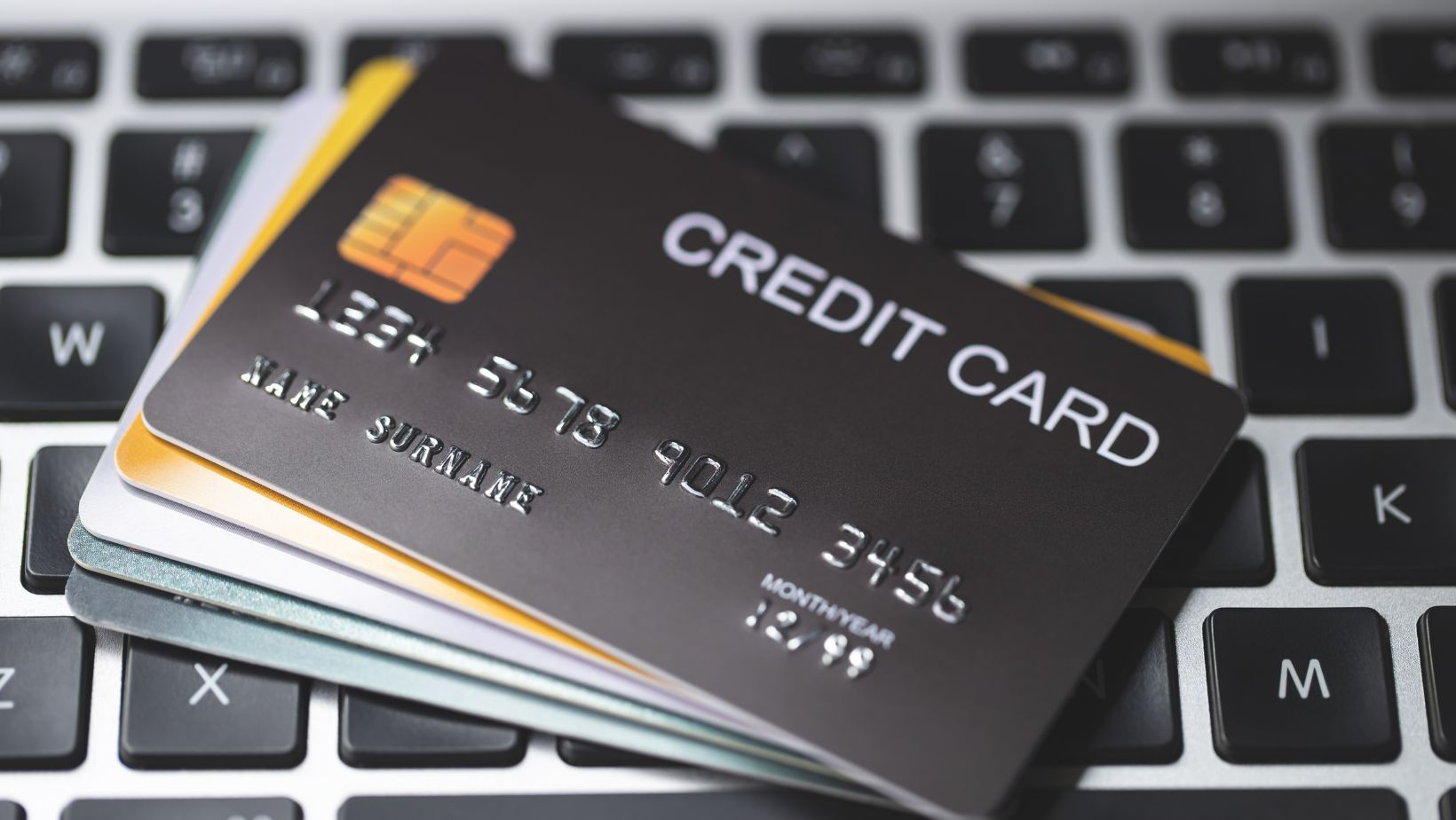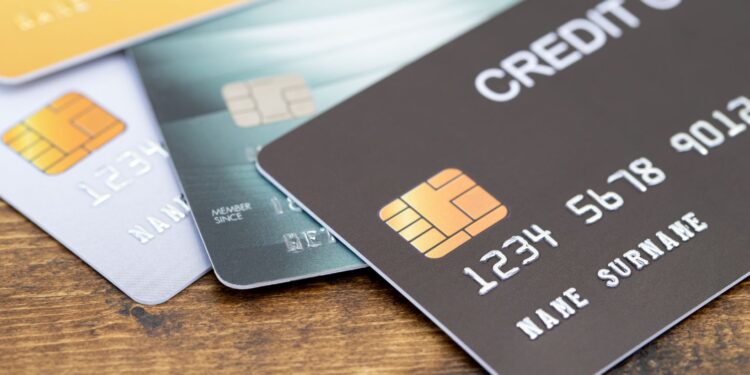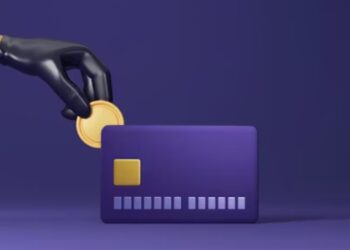Credit cards can be powerful financial tools when used responsibly—but they can also lead to mounting debt if managed carelessly. The good news? With the right habits and a little planning, you can enjoy the convenience and perks of a credit card without falling into the debt trap. Check out these smart, practical ways to use your credit card to your advantage while keeping your finances on track.
Choose the Right Credit Card for Your Spending Style
Not all credit cards are created equal. To get the most value and minimise the risk of debt, choose a card that suits your lifestyle. For example, if you want to keep things simple and affordable, a low monthly fee credit card can be a smart choice. These cards help you manage your spending without being weighed down by high annual charges or interest rates. Before applying, compare the interest rates, fees, and features of different cards – look for cards with no-frills structures, interest-free periods, or rewards you’ll actually use.
Pay Your Balance in Full Each Month
The single most effective way to avoid credit card debt? Pay off your full balance by the due date every month. Doing this means you’ll never pay interest on your purchases, and you’ll keep your credit utilisation ratio low—two things that can positively impact your credit score. If you can’t pay in full, aim to pay more than the minimum repayment. Paying only the minimum can result in your debt lingering for years and costing you significantly more over time.
Track Your Spending Like a Pro
Credit cards can make it easy to overspend because you’re not physically handing over cash. Combat this by treating your credit card like a debit card—don’t spend more than you can afford to pay off. Set a weekly or monthly limit and track your transactions via your banking app or budgeting software. Regular check-ins will help you stay in control, identify unnecessary purchases, and adjust your spending habits accordingly.
Take Advantage of Interest-Free Periods
Many credit cards offer an interest-free period on purchases—typically around 44 to 55 days. If used strategically, this feature can give you extra breathing room to manage your cash flow. Just make sure you pay the full balance before the period ends, or interest charges will apply. Mark your payment due dates on a calendar or set up automatic reminders to avoid missing deadlines.
Use Rewards Programs Responsibly
Rewards programs can be enticing, but chasing points can quickly lead to overspending. Only use your credit card for planned or necessary purchases—things you would’ve bought anyway. Flights, groceries, fuel, and utility bills are great examples. Avoid the trap of spending extra money just to rack up rewards. It defeats the purpose if you’re paying interest or fees that outweigh the value of the perks.
Don’t Use Your Credit Card for Cash Advances
A cash advance—such as withdrawing money from an ATM using your credit card—often attracts immediate interest charges and high fees.

Unlike regular purchases, there’s usually no interest-free period, and the interest rate is often higher. Unless it’s an emergency and you have no other option, steer clear of cash advances altogether.
Analysis Your Statements Monthly
It’s easy to overlook small, recurring charges or fraudulent transactions if you’re not reviewing your statements. Take a few minutes each month to go over your credit card bill line by line. This habit can help you spot errors, track spending trends, and ensure you’re staying within your budget.
When used wisely, a credit card can be a helpful financial tool rather than a burden
By selecting a card that matches your needs and adopting smart habits around spending and repayments, you can enjoy the convenience and benefits without the risk of debt. Credit freedom is possible—it just takes mindfulness, discipline, and the right strategy.










